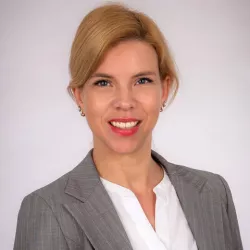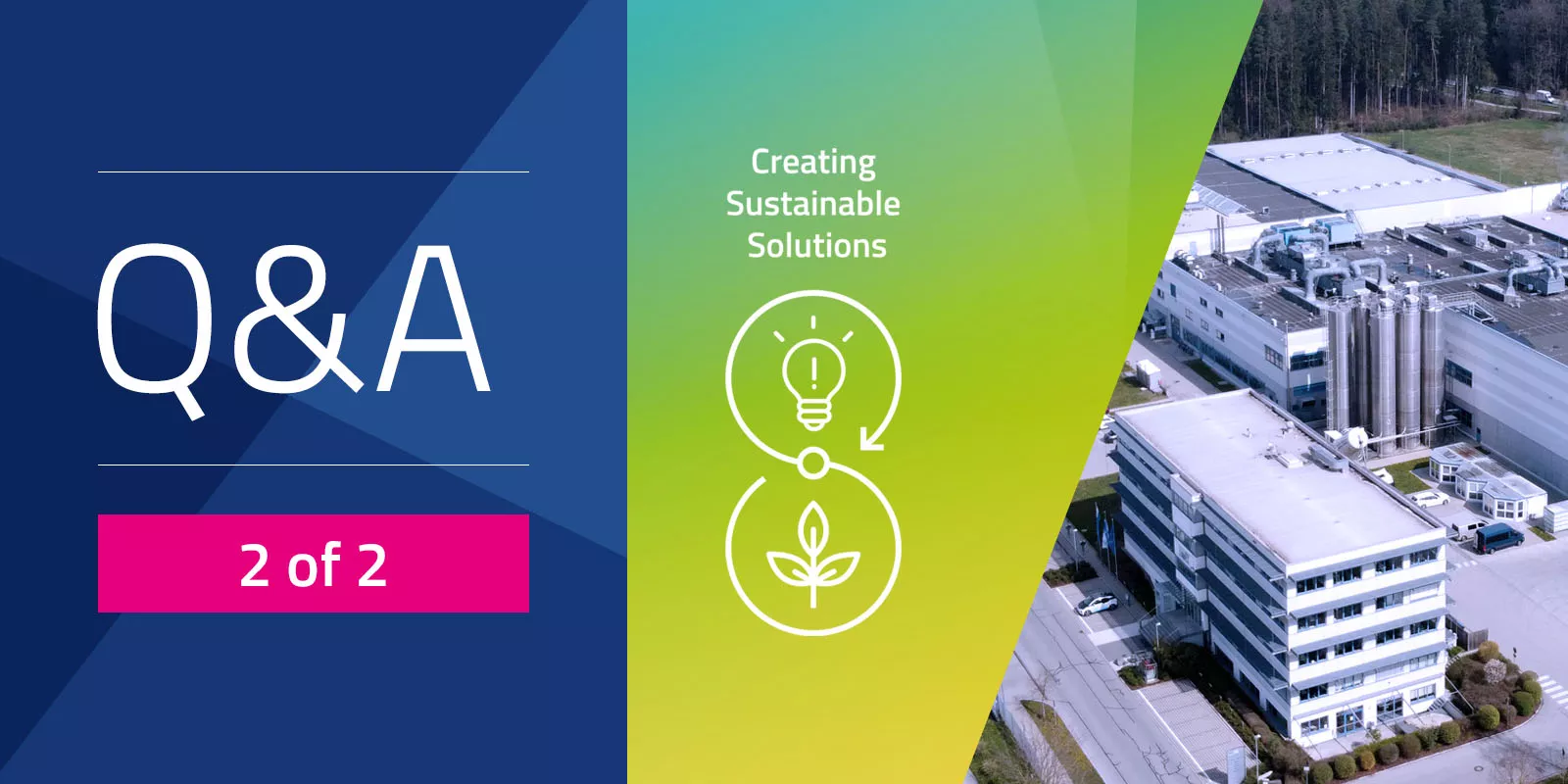KRAIBURG TPE's first ISCC PLUS webinar was a great success. With certified compounds, KRAIBURG TPE customers benefit from full traceability in the supply chain. In some cases, a significantly reduced Product Carbon Footprint (PCF) can be achieved.
ISCC PLUS experts at KRAIBURG TPE have answered the most frequently asked questions from the webinar in two blog posts. The second set of questions and answers can be found below:
Missed the first part? Read it here:
Does a combination of renewable/bio-based materials and ISCC PLUS certified TPE provide the best PCF compared to other alternatives currently available?
Yes, because the sustainable share (s combination of bio-circular ISCC PLUS and measurable bio-based content) will results in the lowest Product Carbon Footprint.
Do you admit that bio-based raw materials are in competition with agriculture?
KRAIBURG TPE HAS a clear preference for bio-circular materials, which do not compete with food / fodder production. KRAIBURG TPE’s ISCC PLUS certificate includes all categories (bio, bio-circular and circular), however, at the moment KRAIBURG TPE is solely purchasing bio-circular raw materials.
Do your customers have to be ISCC PLUS certified in order to purchase certified materials?
KRAIBURG TPE customers can choose to purchase ISCC PLUS compounds without being certified themselves. However, they will not be able to market their products under the ISCC PLUS logos, but may instead use their own declarations, such as "x% biocycle content (mass-balanced)". However, these cases should be considered on a case-by-case basis.
Are ISCC PLUS certified compounds by KRAIBURG TPE named differently?
KRAIBURG TPE will not change or adapt the name of compounds containing ISCC PLUS raw materials. The only difference is that a compound containing ISCC PLUS raw materials will be accompanied by a sustainability declaration as required by ISCC PLUS.
Missed the webinar?
Is your question still unanswered?
Contact us and we will help you find the answer to your TPE question:
Autor | Dr. Andrea Winterstetter
Corporate Sustainability Manager | Circular Economy Manager (EMEA) at KRAIBURG TPE

Phone: +49 8638 9810-589
Q&A
Part 2/2: ISCC PLUS at KRAIBURG TPE
Here we answer some of the questions that were asked in our webinar “Part 2/2: ISCC PLUS at KRAIBURG TPE”.
Discover insights for the medical sector!
Learn how our TPE solutions can help you navigate the strictly regulated medical and pharmaceutical industry.
Gain insights from the Experts
Webinar Part 2/2: ISCC PLUS at KRAIBURG TPE
The first webinar on ISCC PLUS was a great success for KRAIBURG TPE. It has been shown that the topic is relevant for many listeners and that the company is therefore receiving a lot of interest. With certified compounds, KRAIBURG TPE customers benefit from full traceability in the supply chain and, in some cases, a significantly reduced Product Carbon Footprint (PCF).


